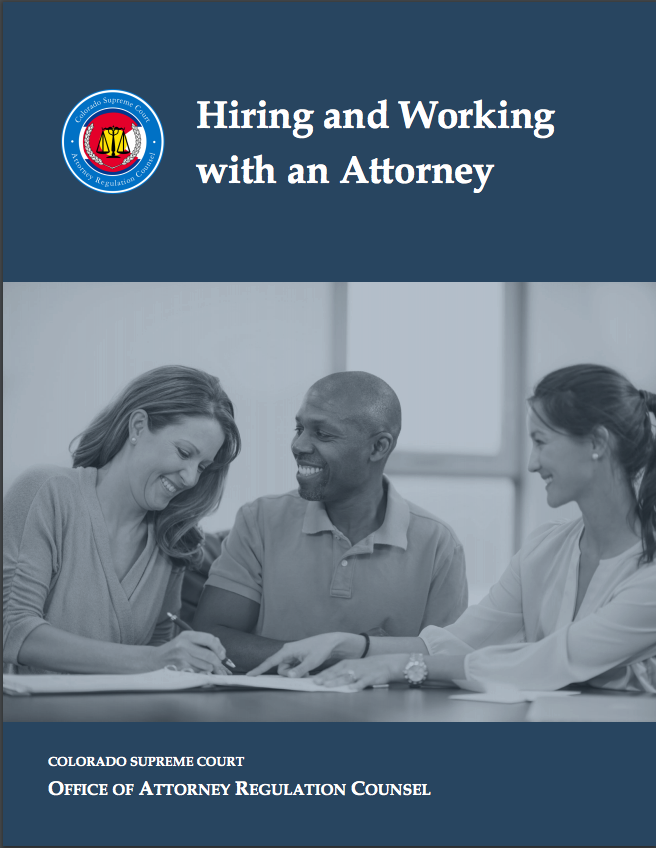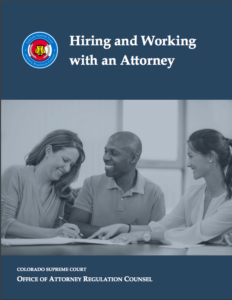When someone dies, their stuff will go to certain people. Who those people are will depend on whether the person who died left a will or trust.
If the person who died did not leave a will, the people who will get the deceased person’s assets are determined by law based on the relationship to the deceased person. Someone entitled to inherit from a deceased person by law is called an heir.
Someone’s heirs will depend on their marital status and family makeup. In Colorado, if someone is married, their spouse is an heir. Likewise, if someone has children (whether or not they are married), the children are heirs. If someone isn’t married and doesn’t have children, their parents, siblings, and even grandparents are likely to be their heirs.
Now, just because someone is identified as an heir under the law doesn’t mean they will receive anything from the deceased person’s estate. In addition to identifying the heirs of someone who has died, the statute also includes a priority order for which of the heirs are entitled to receive all or part of the estate. It’s important to understand the order of succession.
Like an heir, a beneficiary is also someone who is likely to receive a part of the estate of someone who’d died. Unlike an heir, however, a beneficiary is specifically named by the person who died in their will or trust. Because the person who died is able to name anyone they want as a beneficiary, the pool of people who could be a beneficiary is much broader than those who could be an heir. Because people usually give their estate to the same people who are listed as heirs by law, beneficiaries and heirs are often the same people so the terms are used interchangeably, however, they do have different meanings and it’s important to know the difference.
If you are looking for affordable legal help with an estate plan or probate in Colorado, schedule a free consultation today.
———–
This website includes information about legal issues and legal developments. Such materials are for informational purposes only and may not reflect the most current legal developments. These informational materials are not intended, and should not be taken, as legal advice on any particular set of facts or circumstances. You should contact an attorney for advice on specific legal problems.
Lauren Lester is an affordable family law, estate planning, and probate lawyer licensed in Colorado.











